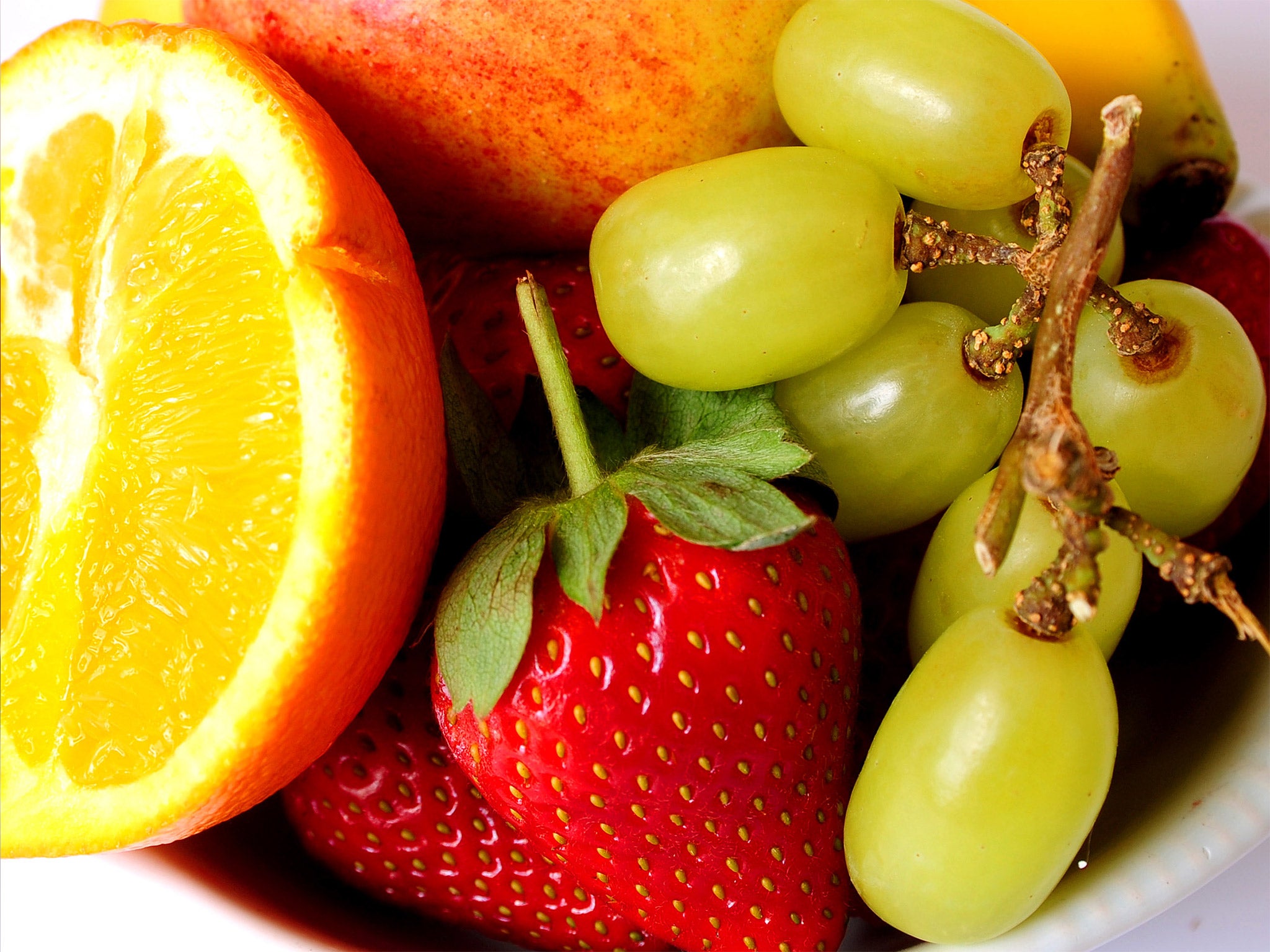Flavonoids: Key compound in fruit and vegetables 'could prevent weight gain'
Even a single 80g serving of the fruit or veg per day containing the plant compounds may improve health

Your support helps us to tell the story
From reproductive rights to climate change to Big Tech, The Independent is on the ground when the story is developing. Whether it's investigating the financials of Elon Musk's pro-Trump PAC or producing our latest documentary, 'The A Word', which shines a light on the American women fighting for reproductive rights, we know how important it is to parse out the facts from the messaging.
At such a critical moment in US history, we need reporters on the ground. Your donation allows us to keep sending journalists to speak to both sides of the story.
The Independent is trusted by Americans across the entire political spectrum. And unlike many other quality news outlets, we choose not to lock Americans out of our reporting and analysis with paywalls. We believe quality journalism should be available to everyone, paid for by those who can afford it.
Your support makes all the difference.Eating fruit and vegetables that are high in a key compound – such as apples, pears, blueberries, strawberries and radishes – may help prevent weight gain.
Research from Harvard University and the University of East Anglia has found that fruit and vegetables with high levels of flavonoids could help people maintain a healthy weight.
Even a single 80g serving of the fruit or veg per day may improve health.
Top picks
- Raspberries
- Blueberries
- Blackberries
- Strawberries
- Blackcurrants
- Cherries
- Grapes
- Plums
- Radishes
- Tea
- Cocoa
- Pears
- Apples
- Citrus fruits such as oranges and grapefruits
- Onions
- Peppers
Flavonoids are plant compounds found in various foods and drinks, including a wide range of fruit and vegetables, tea, chocolate and wine.
They have long been celebrated for their antioxidant effect that is thought to help prevent cell damage.
In the study, published in the British Medical Journal experts examined data for 124,086 men and women in the US over a 24-year period.
They found that consuming just a small amount of flavonoids was linked with maintaining a healthy weight, and even losing a little.
The research focused on three large groups of people – one featuring women with an average age of 36 at the start of the study, another with women aged 48, and the third for men with an average age of 47.
Professor Aedin Cassidy, from UEA’s Norwich Medical School, said: “This is the first large study to examine the associations between consumption of all flavonoids and weight gain in middle-aged and older adults.
“Most adults gain weight as they age and even small increases in weight can have a substantial impact on risk of high blood pressure, developing heart disease, cancer or diabetes – so strategies to help individuals maintain a healthy weight in middle-age are needed.
“An increased consumption of most flavonoids was associated with weight maintenance, and even a modest weight loss. The results were found to be consistent across men and women, and different ages.
“However losing even small amounts of weight, or preventing weight gain, can improve health and these modest effects were seen with a small, readily achievable increase in intake of many of these fruits.”
Press Association
Join our commenting forum
Join thought-provoking conversations, follow other Independent readers and see their replies
Comments